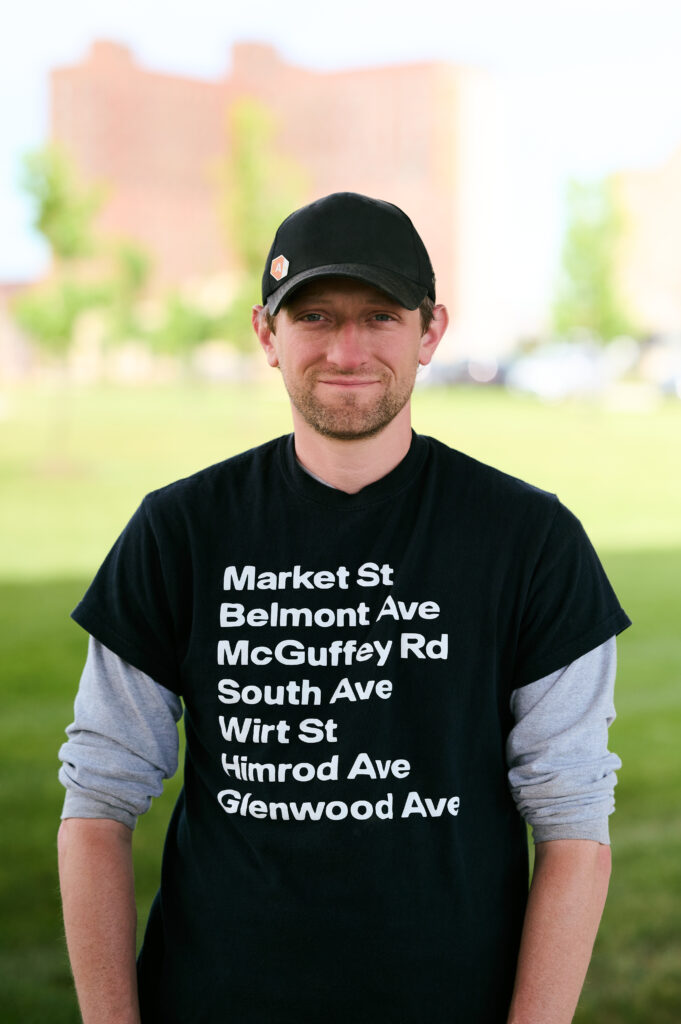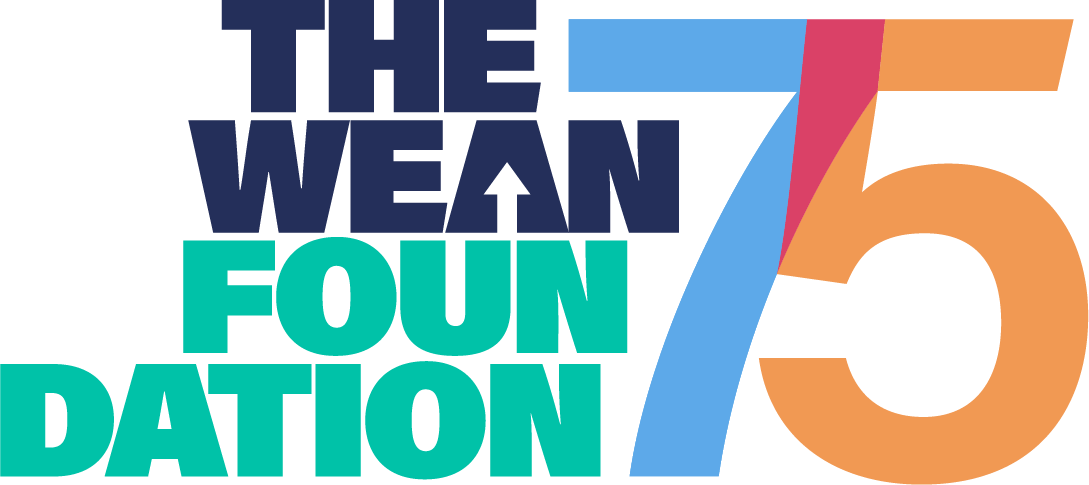Civic Catalyst: Finding the Good and Transforming the Narrative
Jack Daugherty, Neighborhood Stabilization Director, Youngstown Neighborhood Development Corporation

Jack Daugherty is a consummate optimist. Growing up on the west side of Youngstown, he remembers feeling frustrated when people would tell him what a great place it used to be and that he should “get out of town” because “there is no opportunity here.”
“I was always interested in being involved in changing that negative perception people have and making our city a good place for everybody to live because I believe it can be that place,” he said.
When Daugherty was a student at Ursuline High School, the city began working on Youngstown 2010, a comprehensive plan to change its direction and create a smaller, greener and more sustainable urban environment. Daugherty attended the first big public meeting on Youngstown 2010 at Stambaugh Auditorium when he was just 15.
“I was fascinated by all that,” Daugherty said. “I started a civics club and got my fellow students involved in different things going on in the city. … That’s really when the narrative started to change.”
The plan generated a lot of energy and, among other things, led to the creation of the Mahoning Valley Organizing Collaborative and later, the Youngstown Neighborhood Development Corporation (YNDC), whose charge it was to bring the plan’s vision to life in the city’s neighborhoods. (For more on how the city of Youngstown worked with the Wean Foundation during this time, see the Vanguard features on former mayor Jay Williams and YNDC Executive Director Ian Beniston.)
About that time, the Wean Foundation established its Neighborhood SUCCESS Grants to provide resources to neighborhood groups doing good work and Daugherty, now in college, became a member of its Resident Council.
In the Wean Foundation, he found a kindred spirit. “I credit the Foundation and its work to try to transform the narrative,” he said. The Foundation has made a commitment over time to engaging and developing grassroots organizations and community leaders who are serious about getting things done and improving the quality of life in our cities. They’ve also gotten people to recognize the structural inequities that exist in our community related to race and gender and have made a serious effort to get our institutions and organizations working toward changing those systems and structures.”
Through the Resident Council, Daugherty met Beniston, who encouraged him to intern with the fledgling YNDC while he was a grad student at the University at Buffalo, in the summer of 2011.
“YNDC is a boots-on-the-ground organization,” Daugherty said. “They got me invested. This was not just an academic exercise. They were serious about getting stuff done.”
A couple of years later, he was working in Buffalo on a Department of Housing and Urban Development Choice Neighborhood Transformation Plan when a full-time position at YNDC became available. Daugherty pursued the opportunity and never looked back.
Today, his work spans a number of different neighborhood stabilization programming, including the Fresh Market, property maintenance, neighborhood cleanup efforts, and citywide tree planting.
“The primary purpose of everything we do is to improve the quality of life and build upon the vision that residents have for their own neighborhood and their own community,” Daugherty said.
Daugherty is particularly proud of the Mahoning Valley TreeCorps, an initiative led by YNDC, Trumbull Neighborhood Partnership, Youngstown CityScape, the Healthy Community Partnership, and many others, that is planting trees and restoring the urban tree canopy in Youngstown and Warren. He cites it as an example of both listening to residents and working collectively to achieve a common goal.
“Trees aren’t necessarily the first thing you think of when you think of a healthy neighborhood,” he said, “but seeing how happy people are when they get planted, that’s something I’m excited about.”
Daugherty talks excitedly about the Fresh Market, too, and the Foster’s Theater rehabilitation, and quality housing initiatives, and the people he works with, and the list goes on.
His ebullience is balanced by recognition that progress takes time. “It’s an incremental process,” he said. “I feel like what we’re doing is actually achieving results. That’s the reason I’m still here.”
